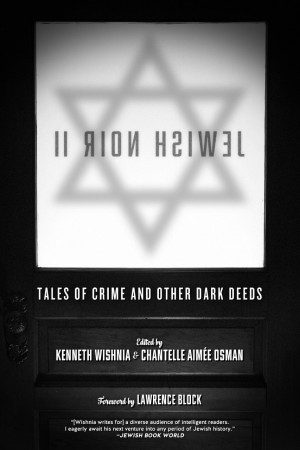Walter R. Mead is a weekly columnist for the Wall Street Journal, a professor of foreign relations at Bard College, an editor of the American Interest magazine, a Hudson Institute Fellow in Strategy and Statesmanship, and the author of four previous books on American foreign policy. His most recent volume, a chronicle of American attitudes toward Jews in general — and Zionism in particular — from the nineteenth to the twentieth-first century, seeks to explain one of the most enigmatic aspects of modern American diplomacy: the passionate commitment of many non-Jewish Americans to the safety and welfare of the State of Israel.
In contrast to historians and foreign policy analysts who have emphasized the baleful political and financial influence of American Jews in shaping American policy in the Middle East, Mead suggests that Christian teachings and the image of America as a missionary nation have encouraged Americans to look favorably upon the Zionist movement and the State of Israel. His interesting and provocative book charts the “connections between America’s Israel policy and the inner life of the American people.” If America’s policies in the Middle East have at times gone astray, the blame lies not with the Israelis or with America’s Jews, but with the myths and historical experiences that have influenced the thinking of the American people, for good and for bad. These policies, then, cannot be disentangled from cultural factors.
Mead’s emphasis on the role of religion is hardly surprising, given that his father was an Episcopal priest in South Carolina and that he himself was raised in the very Christian South. The Defense and State departments, the CIA, and American oil companies warned against forming close ties with Zionists and Israelis, a tactic that was favored by Protestant clergymen. They argued instead that America’s interests would be best served by extending friendly policies to Arabs and Arab nations. These warnings were effective in neutralizing governmental support for Israel until the Six-Day War of 1967, when American public opinion turned decisively in Israel’s favor.
Support for Israel would further increase in 1973 as a result of the Yom Kippur War; and in 1987, President Ronald Reagan deemed Israel a “major non-NATO” ally. The American-Israel entente would grow even closer during the 1990s and early twenty-first century, when the United States became involved in wars with Iraq, Afghanistan, and radical Islamists. In the 1990s, Mead observes, “the United States appears to have devoted more attention to Israeli-Palestinian affairs than to the failure of Russian democracy, the Taliban’s conquest of Afghanistan, the nuclear programs of Iraq, Syria, Iran, and North Korea, or the rise of China.” No foreign country, he concluded, has ever received the same level of attention as Israel, and “no great power in world history has ever dedicated this much attention to a territorial dispute between two very small peoples thousands of miles from its frontiers.”
Mead writes that during the first two decades of the twentieth-first century, “events in the Middle East were more central to American politics than at any other time in our history.” Never before had American-Israeli relations been so close, nor public opinion in the United States so partial toward Israel. And never had this relationship come under such hostile scrutiny. Whereas previous criticism of Israel had emerged out of conservative circles, the major critics of Israel were now on the political Left. They accused the Jewish state of a series of wrongs, ranging from mistreatment of Palestinians and responsibility for America’s misadventures in Iraq and Afghanistan, to being an outpost of Western colonialism and capitalism. In Mead’s view, this relatively small country of nine million people had become for many Americans a symbol of cosmic importance. And in making positive or negative judgments about Israel, they were in fact seeing their own country’s faults and virtues reflected back at them.





